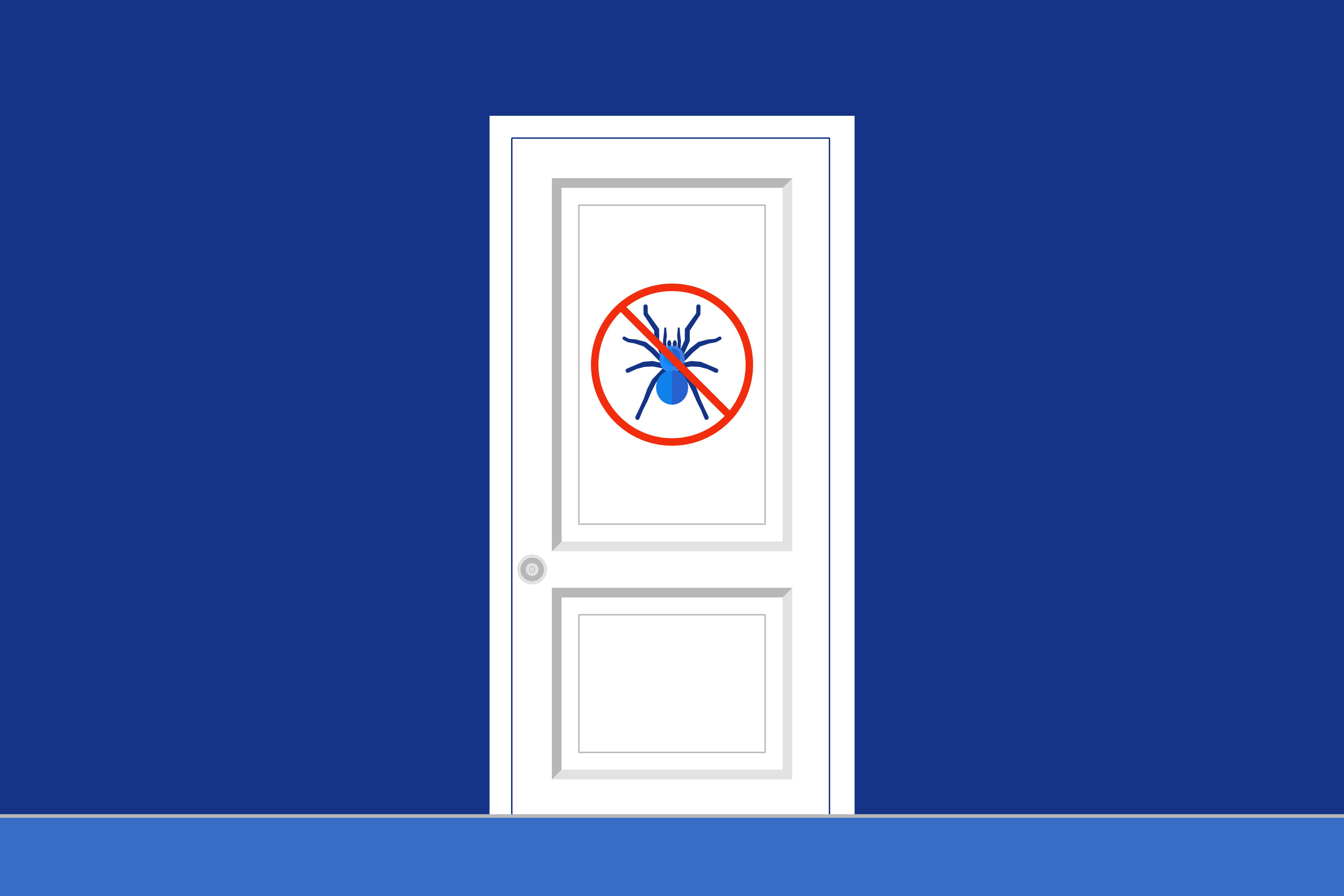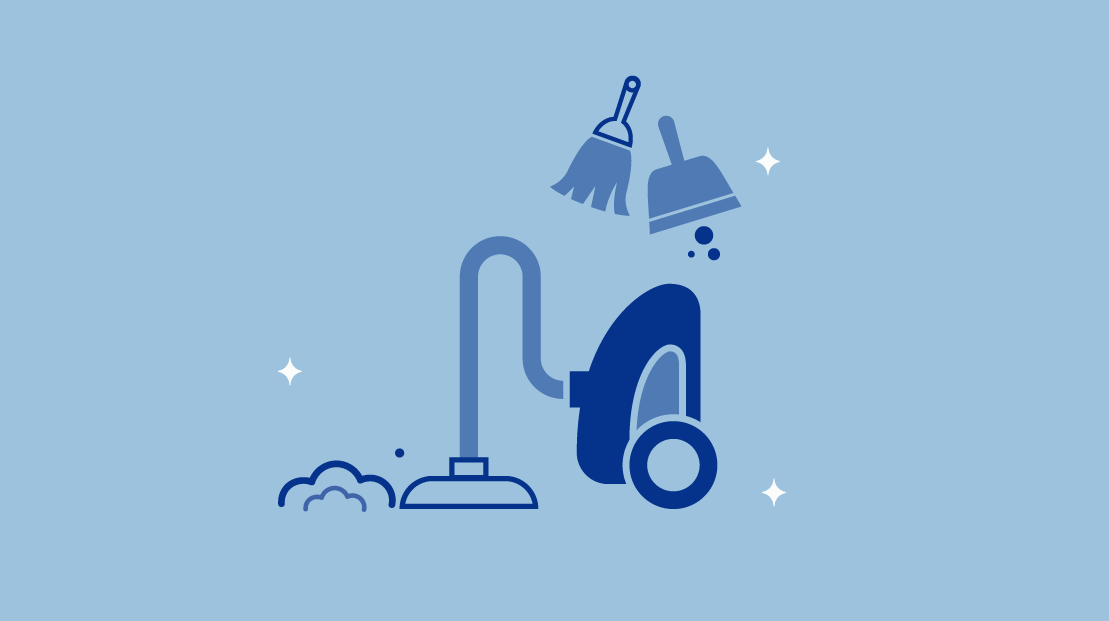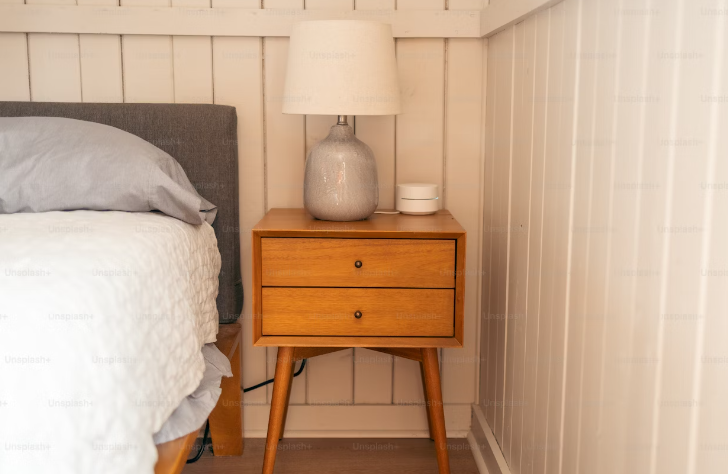Key Takeaways
- Understanding and Addressing Spider Behavior: Knowing the behavior of common spider species, what attracts them, and where they hide is crucial for effective prevention. Regular cleaning, reducing clutter, and eliminating potential hiding spots can help create an environment less appealing to spiders.
- Natural Spider Repellents and Preventive Measures: Natural spider repellents such as peppermint oil, tea tree oil, and horse chestnuts offer safe and effective ways to keep spiders away. Creating a spider-unfriendly environment involves sealing entry points, maintaining cleanliness, and addressing outdoor areas. Implementing these preventive measures helps in deterring spiders from entering your bedroom.
- Making Your Bedroom Spider-Unfriendly: Practical strategies like installing a bedroom door, using a door sweep, treating your box spring with natural repellents, and placing cotton balls infused with spider-repellent scents create barriers and deterrents. These measures, combined with regular cleaning and pest control methods, contribute to a spider-free and peaceful sleep environment.
Have you ever woken up to find a creepy crawly on your pillow? Spiders are a common issue in many homes, but they don’t have to be a permanent house guest in your bedroom.
In this article, we’ll explore easy and effective methods to repel and prevent spiders from entering your sleeping space. From natural spider repellents to creating a spider-unfriendly environment, we’ve got you covered. Say goodbye to your eight-legged roommates and hello to a peaceful, spider-free sleep.
Learn how to keep spiders out of the bedroom, prevent spiders from entering, and repel spiders with natural spider-repellent solutions. Say goodbye to creepy crawlies and hello to a peaceful sleep without any interruptions.
Let’s dive in!
Understanding Spiders and Their Behavior
Spiders are fascinating creatures that come in various shapes, sizes, and colors. According to National Geographic, there are around 45,000 species of spiders around the world. While most spiders won’t crawl into your mouth while you sleep, it is still important to understand their behavior to keep these eight-legged friends out of your bedroom.
Spider Species
Some of the most common spider species found in homes, which are arachnids, include house spiders, cellar spiders, jumping spiders, and wolf spiders. Each species has its distinct characteristics, such as body shape, leg length, and color.
If you want to identify a spider in your bedroom, take a clear photo of it and consult with a local pest control expert or an online resource. Keep in mind that while some spiders may look intimidating, most are not poisonous.
What Attracts Spiders?
Spiders are attracted to warm, dark, and humid spaces, making your bedroom the perfect location for them to thrive. They can also be drawn to clutter, piles of clothes or papers, and dusty corners. Additionally, spiders prey on other insects, so if you have a lot of bugs in your bedroom, spiders may see it as an opportunity.
To deter spiders, consider keeping your bedroom clean, reducing clutter, and addressing any pest issues like ants in the bedroom or other bugs. Avoid eating in the bedroom to minimize food crumbs and food smells that may attract insects, indirectly drawing spiders into your space.
Spider Sightings
If you’ve seen spiders in your bedroom, chances are there are more nearby. Spiders tend to hide in secluded areas during the day and come out at night to hunt for insects. If you see a spider, inspect the surrounding areas to ensure there aren’t any webs or egg sacs.
Keep in mind that the vast majority of spiders spin webs, but some, like hunting spiders, do not. While most people find spiders unsettling, it’s essential to remember that they play a crucial role in controlling insect populations.
Spider Prey
Spiders prey on various insects, including mosquitoes, flies, moths, and roaches. They trap their prey in webs or hunt them down, using venom to subdue them. While spiders can help control other pests, you don’t want them to overrun your bedroom.
Why Do Spiders Enter Your Home?
Spiders may enter your home in search of shelter, food, or mates. They can also be transported into your home on plants or outdoor furniture. Once they find a suitable environment, they will begin to reproduce, which can lead to an infestation. To prevent this, consider sealing cracks and gaps in your home’s exterior, as spiders are attracted to these entry points.
Regular cleaning and decluttering can also help eliminate potential hiding spots and discourage spiders from making themselves at home. Are spiders attracted to light? The answer is yes. Keeping outdoor lights off at night can further reduce the chances of spiders being attracted to your home.
Natural Spider Repellents
When it comes to keeping spiders out of your bedroom, natural spider repellents can be an effective solution that is safe to use. Peppermint oil, tea tree oil, horse chestnuts, and essential oils are all-natural remedies that can help deter spiders from entering your space.
Peppermint oil, for example, has a strong scent that spiders dislike. You can create a spider-repellent spray by mixing peppermint oil with water and spraying it around your bedroom. Tea tree oil has a similar effect on spiders and can also be mixed with water to create a natural spider deterrent solution.
Horse chestnuts have been used for generations to repel spiders. Simply place a few horse chestnuts in each corner of your bedroom to keep spiders away.
Additionally, essential oils such as lavender and citrus may have scents that spiders find unpleasant. However, be careful as there is evidence that lemon oil as a spider repellant is a myth. Verified Source National Library of Medicine (NIH) World’s largest medical library, making biomedical data and information more accessible. View source
Using these natural spider deterrents can help keep your bedroom free from creepy crawlies without the use of harmful chemicals. To discourage spiders, create a peppermint essential oil spray by mixing it with water in a spray bottle filled with it.
Place horse chestnuts in each corner of your bedroom to stop spiders from entering, and utilize essential oils like lavender and citrus to attract spiders less to your space.
Preventing Spider Infestations
You must take preventive measures to keep spiders from making your bedroom their home. One of the ways to deter spiders is to seal all the entry points to your room, such as gaps around windows and doors. Spiders can also enter through ceiling lights and vents. Be sure to seal these areas as well.
Regular cleaning and web cleanup can help eliminate spiders and their webs. Regular vacuuming and dusting can help prevent spider eggs from hatching into spiders. Cleaning also eliminates spider attractants like dead insects and clutter, which are potential spider food sources.
You must also maintain outdoor areas to deter spiders from entering. You can also use spider deterrents like essential oils or natural repellents in outdoor areas like gardens and yards. Turn off outside lights as this also attracts spiders into your home.
By taking these essential preventive measures, you can prevent spiders from entering your bedroom, ensuring a spider-free environment.
Making Your Bedroom Spider-Unfriendly
If you want to keep spiders away from your bedroom, making your space unwelcoming to them is key. Here are some effective strategies:
Install a Bedroom Door
A bedroom door is a simple yet effective barrier that can keep spiders from roaming free in your personal space. Make sure there are no gaps around the edges of your bedroom door where spiders can sneak in. And as a bonus, this spider barricade can also block out noise as you sleep.
See also Should I Sleep with the Bedroom Door Open or Closed?
Use a Door Sweep
Installing a door sweep at the bottom of your bedroom door will prevent spiders from crawling in. This will also help stop drafts and improve your room’s energy efficiency.
Treat Your Box Spring
Spiders can hide in box springs, so it’s essential to keep them clean. You can spray your box spring with a natural spider repellent such as peppermint oil mixed with water. This will keep those creepy crawlies away.
Or if you can, you may wish to get rid of your box spring entirely and replace it with a new bed foundation.
Cotton Balls Infused with Spider-Repellent Scents
You can also use natural spider-repellent scents on cotton balls. Spiders hate strong scents such as peppermint, tea tree, and eucalyptus oils, which can also be good essential oils for sleep. Simply dip a cotton ball in the selected oil and place it in each area where spiders are frequent visitors. These aromatic cotton balls can serve as effective deterrents, creating an environment that spiders find unpleasant and prompting them to stay away.
By implementing these strategies, you can keep spiders away from your bedroom and ensure a peaceful sleep. Don’t be afraid to experiment with different methods and find what works for you.
Other Pest Control Methods
Spiders are not the only pests that can invade your bedroom, as our various other guides cover:
- What Do Bed Bugs Look Like?
- What Attracts Bed Bugs and How to Prevent Them
- How to Get Rid of Bed Bugs in a Mattress
- How To Treat Your Mattress For Lice
- Signs You Have Fleas in Your Bed
- Should I Be Concerned About a Tick in Bed?
- Should I Be Concerned About a Silverfish in Bed?
- Can Termites Get in My Bed?
- What to Do About Bees in the Bedroom
- How to Get Rid of Scabies From Mattress
- How to Keep Mice Out of Your Bed
- How to Keep Centipedes Out of Your Bed
- What to Do if a Bat Gets into Your Bedroom?
- How to Keep Cockroaches out of the Bedroom
- How to Get Rid of Mosquitos in the Bedroom
- How to Get Rid of Flies in the Bedroom
However, whether you’re concerned about ants, bed bugs, cockroaches or llice, there are plenty of other pest control methods to keep them away:
- Ultrasonic sound devices emit high-pitched noises that are unbearable for pests, including spiders.
- White vinegar is an effective natural solution for repelling pests, including spiders, due to its acidic properties and strong odor.
Additionally, various insect repellents can help keep all types of pests away from your bedroom. From sprays to traps, these repellents can provide an extra layer of protection against bugs and other unwanted guests.
By incorporating these methods into your pest control routine, you can ensure that your bedroom stays spider-free and pest-free, allowing for a peaceful and restful night’s sleep.
FAQs
How do I get rid of spiders in my bedroom?
To eliminate spiders from your bedroom, start by regularly cleaning and decluttering to remove potential hiding spots. Use a vacuum cleaner to remove cobwebs and spiders. Consider using spider repellents or natural deterrents like citrus peels, vinegar, or essential oils. Seal any cracks or openings in windows, doors, and walls to prevent spiders from entering.
If the infestation persists, consult a pest control professional for more targeted solutions.
Why am I seeing so many spiders in my bedroom?
You can attribute the presence of spiders in your bedroom to various factors. Spiders are attracted to dark, secluded spaces and can find shelter in corners, closets, or behind furniture.
If your room has an abundance of insects, spiders may be drawn to the available food source. Regularly cleaning and removing clutter and addressing any other pest issues can help reduce the spider population in your bedroom.
Should I sleep in my bed if I found a spider?
Finding a spider in your bed might be unsettling, but most are harmless and unlikely to pose a threat. If you’re comfortable doing so, gently relocate the spider outside using a container and a piece of paper. Alternatively, use a vacuum cleaner to remove it. If the thought of sharing your bed with spiders is distressing, consider thoroughly checking and cleaning your bedding, shaking out any clothes or linens, and using spider deterrents to minimize their presence.
Suppose you suspect a venomous spider bite or are concerned about the types of spiders in your area. In that case, seeking guidance from a healthcare professional or pest control expert is advisable.
How do I know if a spider bit me in my sleep?
Identifying a spider bite can be challenging as reactions vary. Common signs include redness, swelling, and itchiness at the bite site. Some bites may develop into a small sore or blister.
If you notice unusual symptoms or severe reactions, such as difficulty breathing or swelling in other body areas, seek medical attention promptly. Remember that other insects or skin conditions often cause many of the bites attributed to spiders.
What keeps spiders away from your bedroom?
To deter spiders from entering your bedroom, maintain cleanliness and reduce clutter, as spiders often hide in dark and undisturbed areas. Use natural repellents like essential oils (peppermint, tea tree, or citrus) by applying them to surfaces or creating a spray.
Ensure windows and doors are sealed, preventing spiders from entering. Keep outdoor lights off at night to reduce attracting insects that spiders prey on. Regular cleaning and implementing these preventive measures can help create a less appealing environment for spiders.
Conclusion
With these practical and natural solutions, you can keep spiders out of your bedroom and enjoy a peaceful, uninterrupted sleep, particularly in spaces like basement bedrooms. You can achieve a spider-free environment by understanding spider behavior, using natural spider repellents, preventing infestations, and making your bedroom spider-unfriendly.
Implementing other pest control methods like ultrasonic sound devices, white vinegar, and insect repellents can further contribute to a pest-free space.
Don’t let creepy crawlies ruin your rest. Follow these tips and enjoy a spider-free bedroom that supports your well-being.
About the author
April Mayer is a sleep expert and writer with a degree in exercise physiology. She has dedicated her career to exploring the relationship between sleep and productivity. Her insightful articles, such as "The Surprising Way Your Mood Might Be Messing With Your Productivity" and "Wake Up to More Productive Mornings," have been featured in reputable publications like Forbes, Greatist, Real Homes, Thrillist, Tom's Guide, and Eat This, Not That. With a passion for helping others lead more productive lives through restful sleep, April offers valuable expertise on foods and vitamins for better sleep. As a trusted member of the Early Bird team since March 2020, she continues to provide informative and well-researched content.
View all posts





